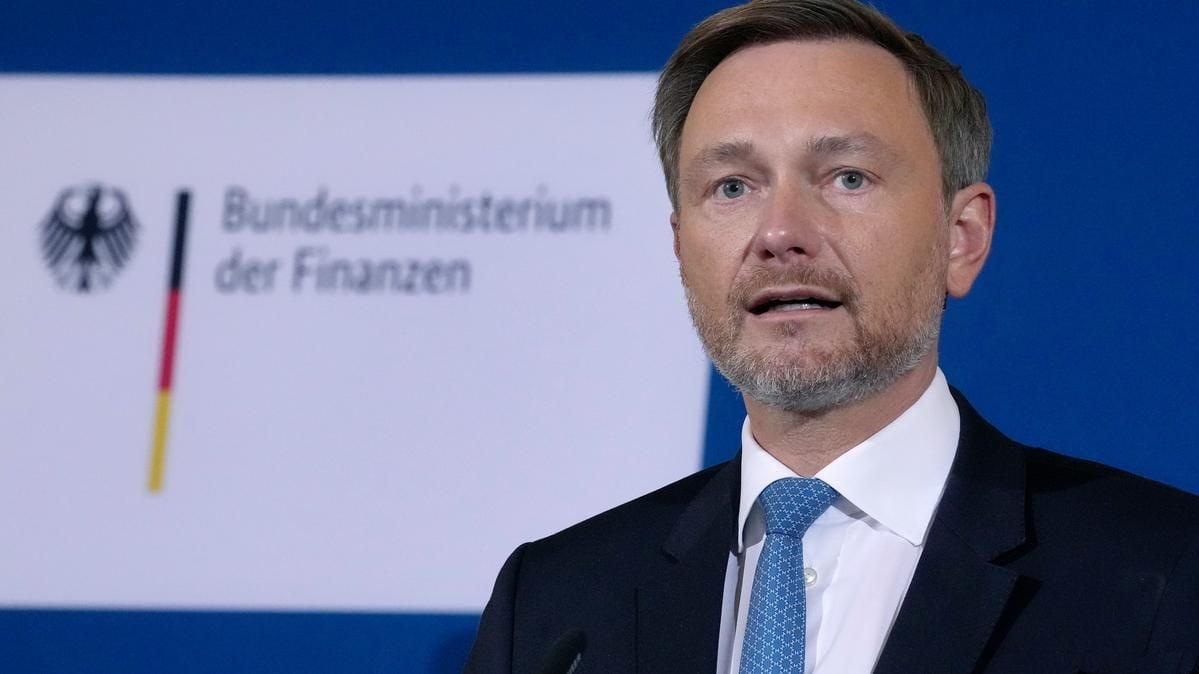Online Slots Boost Germany’s Gambling Revenue
Posted on: October 24, 2022, 10:48h.
Last updated on: October 24, 2022, 11:52h.
Germany’s gambling industry is seeing good results from the addition of online slots. Only a few months in, the country received an increase in tax revenue of about 15.5% because of the expanded market.

Last week, the German Ministry of Finance released the results (in German) of the country’s gambling industry for the third quarter. It reported total tax revenue of €596.1 million (US$589 million).
Of the total, the online slot segment provided just under a third at €123.2 million (US$130.62 million). That’s a decent increase from where the country was last year, when it was still trying to figure out its online gambling approach.
Germany Beginning to See the Light
Germany’s unified gambling treaty has now been in place for a little more than a year, although it took several months to implement. With the third quarter of 2022 coming to a close, the German government is finally beginning to benefit from the expanded gaming options.
In the third quarter of last year, the country earned only around €32.7 million (US$32.31 million) from the online gaming segment. A year later, there still aren’t many options, as most operators are shying away from the 5.3% revenue on their stakes. The segment is also suffering because some states, like Thuringia, established gaming monopolies.
Online poker doubled its activity from last year, but it is still only a small piece of the larger market. It was worth €8 million (US$7.9 million) to the government, which collects 5.3% from them.
Germany is giving operators that previously targeted its market a chance to transition to the newly regulated market in hopes of seeing it grow. The plan is receiving mixed results, especially as the government takes a long time to issue new licenses.
Sports betting revenue dropped considerably in the quarter. It lost 47.8%, closing at €53.4 million (US$52.76 million). Several states saw losses, partially because they switched gears midstream.
Hesse, for example, cut off land-based sportsbooks for two months because of Senator for Internal Affairs Ulrich Müarer. He thought they were all guilty of money laundering, which he later found out wasn’t true.
The state of Nordrhein-Westfalen, the largest by population, controlled the lion’s share of the tax revenue. It received €138.3 million (US$136.65 million). That helped push the year-to-year contribution for the industry to €1.96 billion (US$1.93 billion), a 20% increase.
More Online Slot Operators on the Way
German gamblers now have around a dozen online slot operators to choose from, as two more are planning to enter the market soon. The Sachsen-Anhalt State Administration Office, which oversees the licenses, just approved Interwetten and Novomatic’s Admiral brand.
Interwetten will have two platforms running simultaneously in the country, interwetten.de, and lasmegas.de. Admiral, which will join Novomatic’s Novoonline brand, will offer slots through its slots.admiralbet.de website.
Both of the new additions already had a presence in Germany, offering sports betting platforms to bettors. Novomatic also once had a hand in Mernov, the first online slot platform to receive a license before it changed hands.
The increase and the return of some sportsbooks will help Germany close out the year on an even higher note. The fourth quarter offers non-stop betting options, including the World Cup, as well as a more robust online gaming market to drive growth.
Related News Articles
UK Legal Gambling Revenue Dropped 14 Percent In June
Spain’s Q2 Gaming Revenue Dips as Gambling Reform Approaches
Land-Based Gambling Returns to France as Online Segment Sees Decline
Spain’s Gross Gaming Revenue Rises, Online Gaming Leads the Way
Most Popular
FTC: Casino Resort Fees Must Be Included in Upfront Hotel Rates
Genovese Capo Sentenced for Illegal Gambling on Long Island
NBA Referees Expose Sports Betting Abuse Following Steve Kerr Meltdown
UPDATE: Former Resorts World & MGM Grand Prez Loses Gaming License
Most Commented
-
UPDATE: Whiskey Pete’s Casino Near Las Vegas Closes
— December 20, 2024 — 30 Comments -
Caesars Virginia in Danville Now Accepting Hotel Room Reservations
— November 27, 2024 — 9 Comments -
UPDATE: Former Resorts World & MGM Grand Prez Loses Gaming License
— December 19, 2024 — 8 Comments -
FTC: Casino Resort Fees Must Be Included in Upfront Hotel Rates
— December 17, 2024 — 7 Comments
















No comments yet